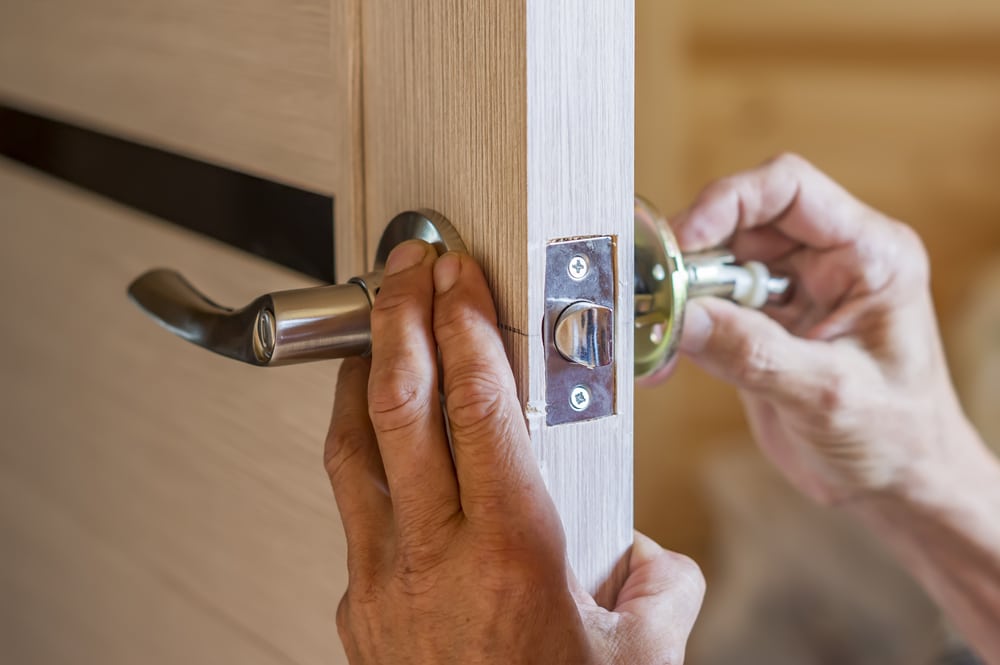Every divorce is different and how assets such as a home are shared out will depend on your specific circumstances. A property is often a couple’s biggest asset, but it’s complicated by the fact it is also where they, and any children they have, live. Before you make any decisions it’s important to look into all your options and think about the wider repercussions, perhaps with the help of a family law solicitor.
Separating and selling up
Occasionally it’ll suit a couple to sell their home before the divorce. Perhaps they would like to separate quickly and use the funds to buy new homes while the divorce is going through. Maybe the size of a mortgage means it’s simply not financially viable for just one of them to move out. As long as both sides agree to sell this is fine and often a good way for two people in an uncomplicated situation to make a clean break.
We have many years of experience buying homes during unsettling events such as divorce. We specialise in moving housing transactions along quickly, in seven days if necessary, and take on many of the hassles involved such as working with solicitors. Our aim is to make the process go as smoothly as possible at a difficult time.
Different forms of ownership
If you are married or in a civil partnership, you have a say on what happens to your home even if your name isn’t on the title deeds.
Many couples will own a home together either as joint tenants or tenants in common. As joint tenants, you both own the whole property and it automatically passes to the surviving owner should one of you die. As tenants in common, you own a share of it and can pass that share on to whoever you wish. You may want to change ownership to tenants in common during a divorce and rewrite your will so that your part of the home is inherited by somebody else, should the situation arise.
In each of these ownership scenarios you can either sell up, agree for one of you to stay or one of you can buy the other out. If you decide to buy out your ex-partner a mortgage provider will want to be sure you can afford the remaining repayments on your own. Either way, you should always tell your lender you are getting divorced so they are ready to help if you need it. Until the home is sold or ownership transferred, you’re both responsible for mortgage repayments even if one of you moves out.
If you do not officially own the home or part of it, as in you’re not on the title deeds, you should register your home rights with the Land Registry. This means you’ll be told if your ex-partner tries to sell the house. You’ll usually be allowed to stay in the home until the divorce has been settled. The granting of home rights works slightly differently in different parts of the UK, so check you’re getting in touch with the right people before you start.
What if you can’t agree?
Remember you cannot be forced out of your home during a divorce if you are married or in a civil partnership, apart from in extreme situations such as those involving domestic abuse. So do not move out if you do not want to.
Divorces often involve heightened emotions which makes coming to an agreement about splitting assets difficult. If you’re in this situation the first step is to try a mediation service. They will look at your situation objectively and help you work out what to do with your home and, if you decide to sell, how best to split what you make from it. Factors they may ask you to consider include:
- How much you both earn.
- Whether you could afford to take on all a mortgage.
- If you have children and who will have custody.
- What other property or savings you have.
- Financial, practical and emotional contributions each of you has made to the relationship.
- The length of your marriage or civil partnership.
If you come to an agreement a solicitor can then confirm this legally. If not you’ll need to apply to court for a financial order. This means a judge will decide how to divide up your home, you can apply for this once you’ve filed for divorce.
Where children are involved and one party does not want to sell the home, a judge is likely to decide whoever has custody can stay in it, perhaps with an agreement to sell once the children have reached 18. They may also determine how any mortgage will be paid and how equity – the percentage of a home owned without a mortgage – will be split when the house is sold.
Working with us
There are many reasons you might want to sell your house quickly during or after a divorce. Selling is often the best way to release funds from a home and move on. It can also relieve some of the financial burdens of running a home on your own.
At whatever stage you’re at, we can buy your home swiftly and with as little fuss as possible. We’ll give you the peace of mind of a guaranteed completion date – we’re never part of an unpredictable housing chain because we always buy from our own funds. That means you won’t be making mortgage repayments during a long drawn-out sale. We also cover the legal costs and there are no estate agent fees to pay.
What’s more, we’ll let you live in your home rent-free for a period after we’ve bought it to give you a little extra breathing space. Get in touch for a chat about how we can help.


















